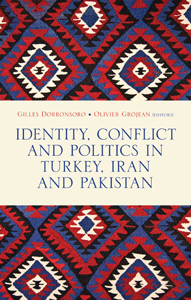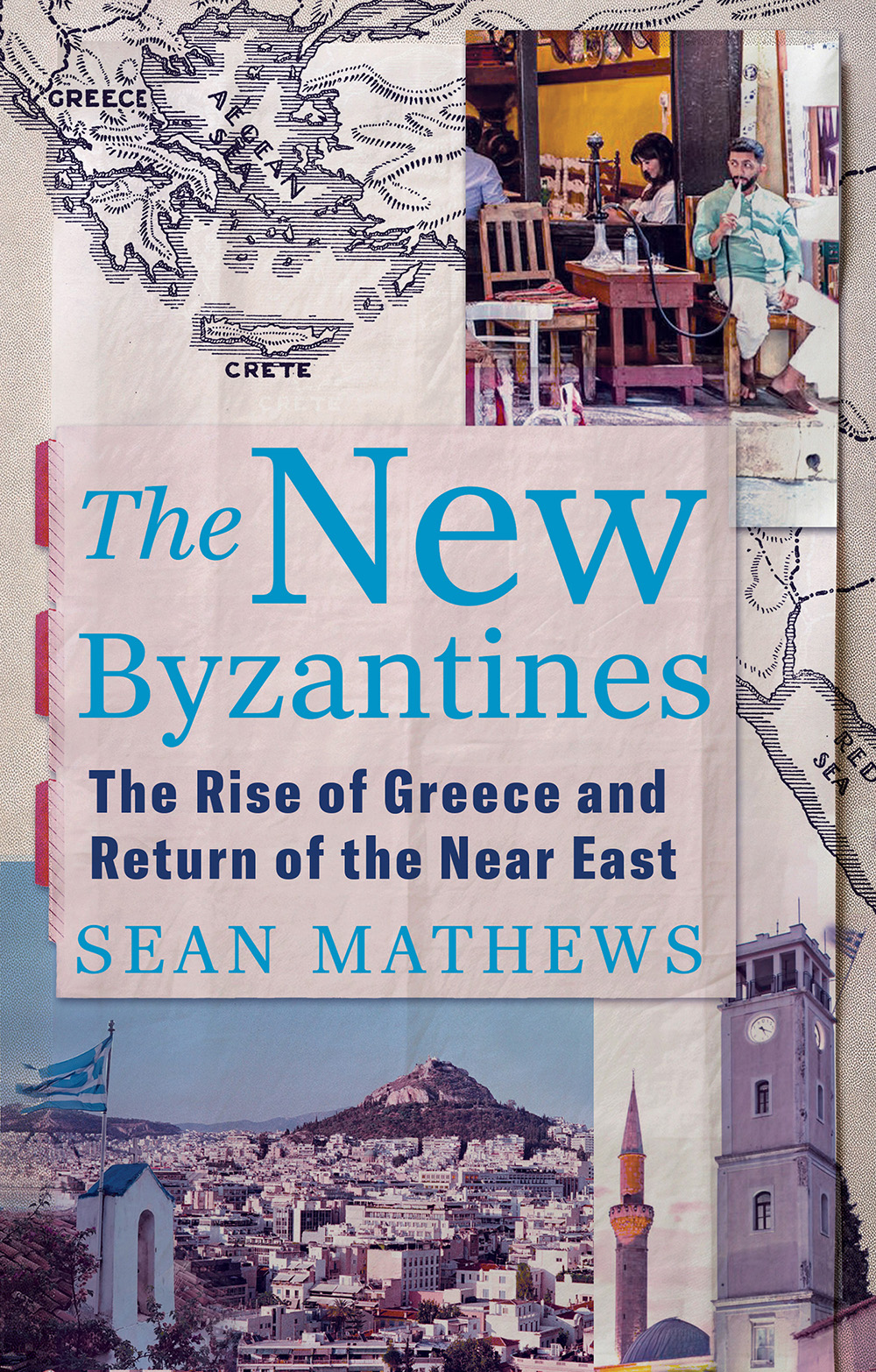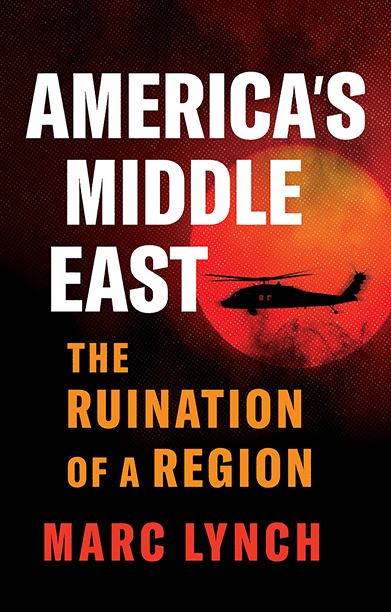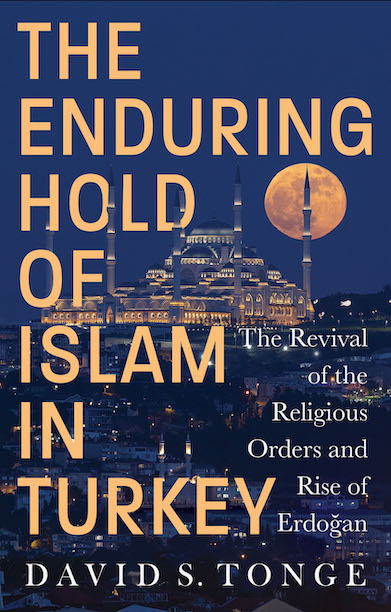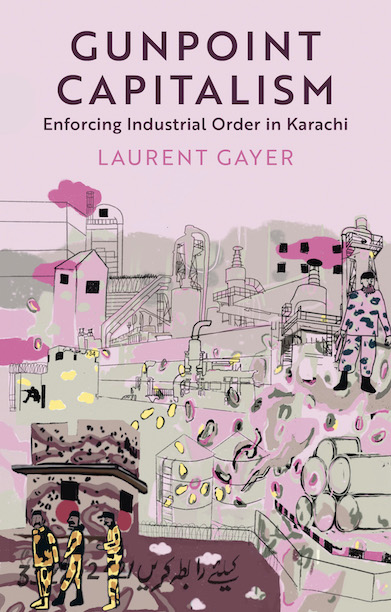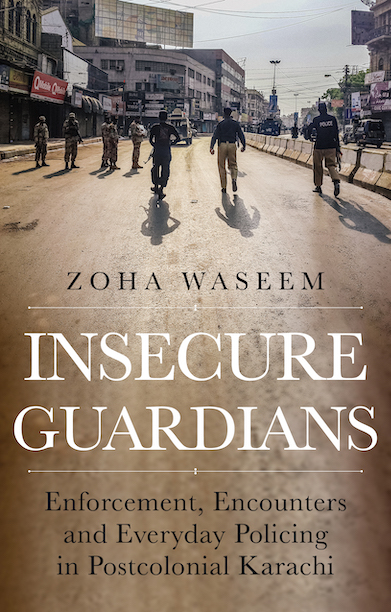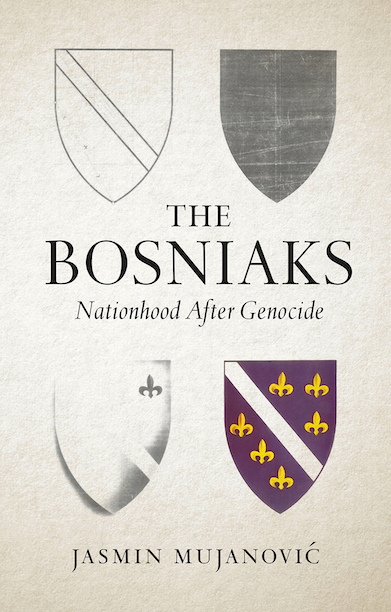Identity, Conflict and Politics in Turkey, Iran and Pakistan
Part of the CERI/Sciences Po. seriesDescription
Ethnic and religious identity-markers compete with class and gender as principles shaping the organisation and classification of everyday life. But how are an individual’s identity-based conflicts transformed and redefined? Identity is a specific form of social capital, hence contexts where multiple identities obtain necessarily come with a hierarchy, with differences, and hence with a certain degree of hostility. The contributors to this book examine the rapid transformation of identity hierarchies affecting Iran, Pakistan and Turkey, a symptom of political fractures, social-economic transformation, and new regimes of subjectification. They focus on the state’s role in organising access to resources, with its institutions often being the main target of demands, rather than competing social groups. Such contexts enable entrepreneurs of collective action to exploit identity differences, which in turn help them to expand the scale of their mobilisation and to align local and national conflicts. The authors also examine how identity-based violence may be autonomous in certain contexts, and serve to prime collective action and transform the relations between communities.
Table of contents
Introduction: Identity, Hierarchy, And Mobilization — Gilles Dorronsoro and Olivier Grojean
Part One: The Formation of Identities
- “The Narcissism of the Minor Difference” and Religious Violence: The Case of the Alevis and Sunnis of Central Anatolia — Benoît Fliche
- Cultural Diversity and Ethnic Hierarchy: The Use of Categories in the Kurdish Conflict in Turkey — Clémence Scalbert-Yücel
- Ethnic and Regional Ferment in Iran: The Gilan Example — Christian Bromberger
Part Two: The Emergence of Mobilizations
- The Management of Identities in and by Turkey’s Political Parties — Elise Massicard
- The Transformation of a Conflict in the Diaspora: Muslims and Sikhs and the British State — Christine Moliner
- The Origins of the Protest Movement Against Ethnic Hierarchy: The Azerbaijani Cause in Iran — Gilles Riaux
- Violence and War in the Middle East in the 1980s — Hamit Bozarslan
Part Three: Transitions to Violence
- Self-Radicalisation of a Young Indian Jihadist in Great Britain: The Quest for Ethics and Long-Distance Suffering — Aminah Mohammad-Arif
- Conflicting Emotions: The 2006 Anti-“Danish Cartoons” Riot in Lahore (Pakistan) — Amélie Blom
- Quetta City and the Baloch Guerrilla: Issues at Stake in Politically Motivated Urban Violence — Luc Bellon
- From Student Strife to Campus Warfare: The Escalation of Political Violence at Karachi University, 1979-1991 — Laurent Gayer
- The Instrumentalization of Ethnic Conflict by the State: The Azeri-Kurdish Conflict in Iran — Chirine Mohséni
Reviews
‘This volume showcases the stunning ethnic, religious and cultural diversity of Iran, Turkey and Pakistan but also examines how this can be mobilised towards conflict. This fascinating collection forms a valuable and original resource for those interested in international affairs and deepens our understanding of transitions to apparent identity-based conflicts.’ — Elizabeth Monier, Leverhulme Fellow, University of Cambridge, and author of Regional Insecurity After the Arab Uprisings
‘This is a very useful set of studies, full of insights into the political cultures of three countries that have all played outsized but very different roles on the world stage despite deep domestic similarities.’ — Jarrett Blanc, Senior Fellow, Geoeconomics and Strategy Program, Carnegie Endowment for International Peace
‘A fascinating collection of case studies of contentious politics and violent mobilisation in the region between Istanbul and Karachi, by scholars whose insights are based on many years of close acquaintance with their subjects. Observing ethnic and religious conflicts at close quarters and over long time periods, they force us to revise many received ideas. This is one of the richest collections on identity politics I have recently read.’ — Martin van Bruinessen, Professor Emeritus, Comparative Studies of Contemporary Muslim Societies, Utrecht University and author of Kurds and Identity Politics
‘This is an extremely important book, and an invaluable contribution to the field of ethnicity, politics and identity based-conflicts. Employing conceptual analysis of societal identities and engaging case studies, the book superbly underlies the hitherto understudied areas of societal insecurity in these three countries. It is indispensable reading, and strongly recommended for anyone seeking to study ethnicity, identity politics, and conflict in Turkey, Iran and Pakistan and beyond.’ — Alam Saleh, Lecturer in Middle East Politics, Lancaster University and author of Ethnic Identity and the State in Iran
‘This book is a remarkable examination of three intriguing states by renowned scholars who have deftly combined political and sociological analyses. This hugely appealing text focuses on the complex interplay between politics and identity, providing many insights into the puzzle-like issues of identity politics in Turkey, Iran and Pakistan.’ — Gokhan Bacik, Professor of International Relations, Ipek University and author of Hybrid Sovereignty in the Arab Middle East
Editor(s)
Gilles Dorronsoro, a visiting scholar at the Carnegie Endowment, Washington, D.C., is an expert on Afghanistan, Turkey, and South Asia and the author of Revolution Unending: Afghanistan, 1979 to the Present (Hurst, 2005).
Olivier Grojean is a political sociologist who teaches at CERIC-CNRS, Aix-en-Provence.
